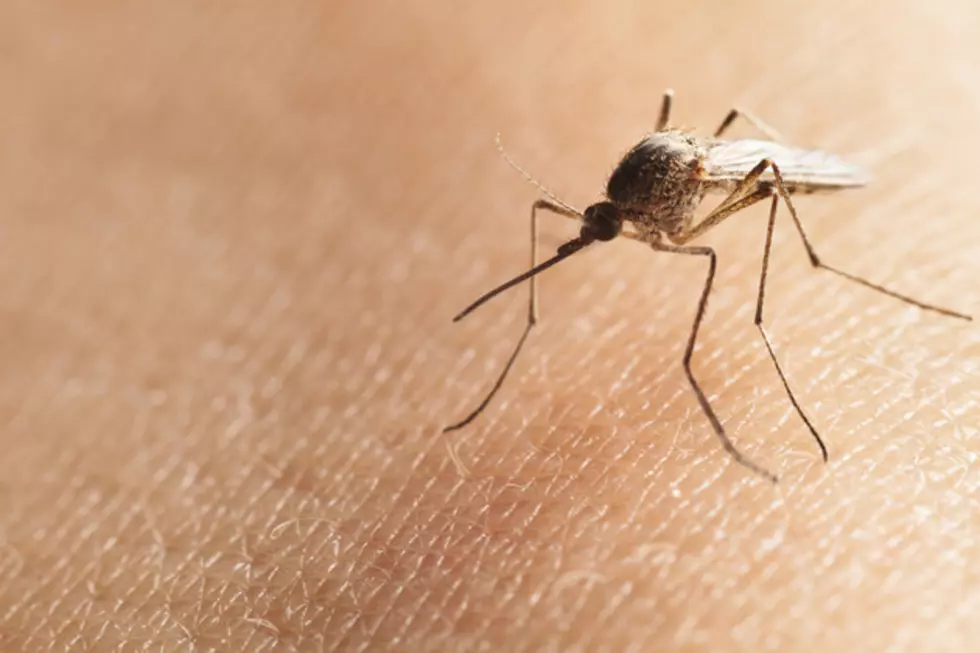
Understanding the fungus that’s killed two NJ residents
There is growing concern about Candida auris, a potentially deadly fungal infection that has been seen in other countries but only recently identified in the United States.
The Centers for Disease Control and Prevention reports seven patients, including two from New Jersey, contracted Candida auris while they were hospitalized with serious medical conditions. Four of them, including one from the Garden State, died.
“The Candida auris that we’re seeing now, in some countries it’s been described as being extremely resistant, more resistant than the typical Candida species. We have been dealing with resistant fungal infections before, but this is just a newer species to us,” said Dr. Ted Louie, an infectious disease expert with the Medical Society of New Jersey, affiliated with Robert Wood Johnson University Hospital and Saint Peter’s University Hospital and Highland Park Medical.
He said Candida is a common name for a fungus, and the average healthy person can get a fungal infection, such as in the toenails, or on the skin, “but these are benign illnesses and that’s nothing.”
Louie pointed out all seven patients who contracted Candida auris in this country were very ill with weakened immune systems, and had been in the hospital for significant amounts of time.
“For the average person walking around who’s healthy, they don’t have these risk factors so they wouldn’t be prone to Candida auris,” he said.
Three classes of anti-fungal medications are normally used to kill fungus, but with Candida auris “this particular species is often resistant to one or two classes, but we have not seen resistance in the U.S. to all three classes," Louie said.
Louie stressed people are living longer than they used to, and many who are hospitalized are treated with newly developed protocols and drugs.
“What’s happening is the bacteria and the fungus get more and more resistant as we use more drugs, more antibiotics,” he said. “And the other thing is we have a much larger population of very ill patients, who are susceptible to these tough bacteria and fungi.”
He stressed drug-resistant fungus, like drug resistant bacteria is a growing problem for everyone, no matter how old you are or how healthy you are.
“We are seeing much more resistance, it’s beginning to impact the normal healthy person who is not yet hospitalized, so that’s a great concern,” he said.
Louie said he has seen many older female patients, with a long history of taking antibiotics, who are suffering with urinary tract infections that are resistant or even non-responsive to medications that are supposed to help them.
He said every surface in a hospital should be considered potentially infectious, which means whatever you touch in a hospital — bed rails, chairs, doorknobs, and so on — should be considered avenues for disease.
“They can have Candida auris or other types of bacteria that can get on your hands and be transferred to someone you are visiting, so you want to wash your hands carefully and thoroughly,” he said.
You can contact reporter David Matthau at David.Matthau@townsquaremedia.com.
More from New Jersey 101.5:
More From New Jersey 101.5 FM









